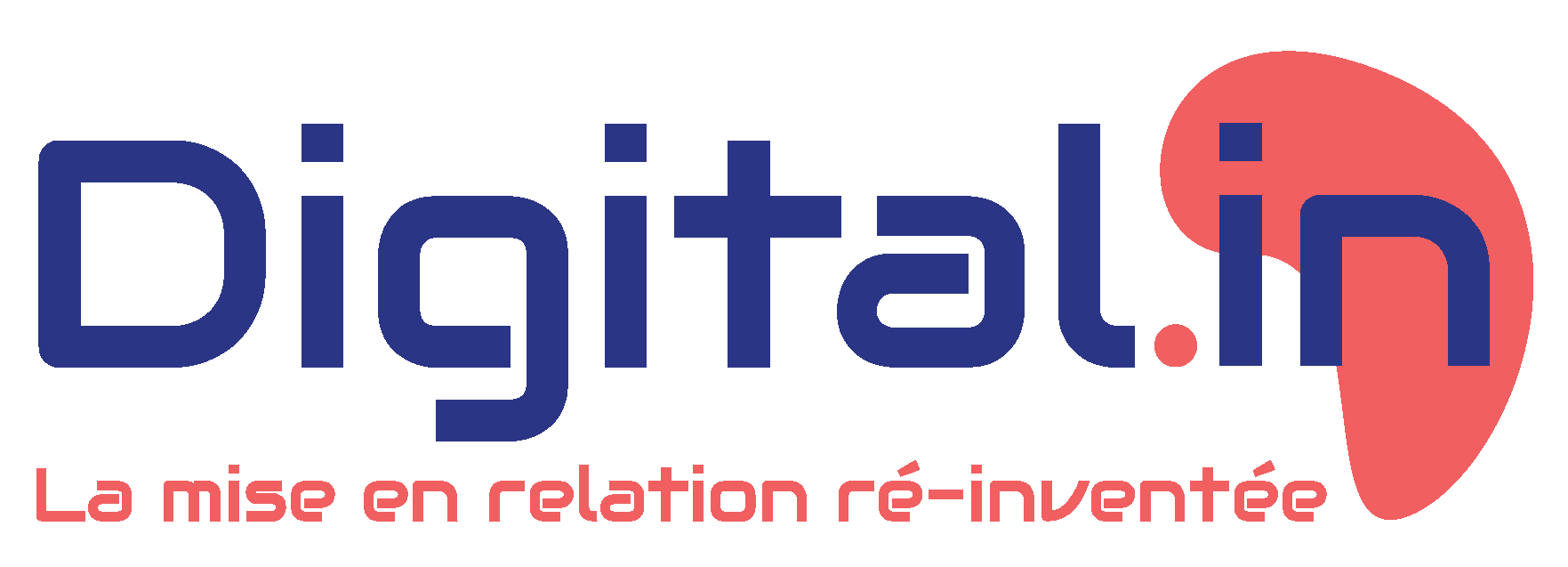The world of work is evolving at such a frenetic pace that we have to wonder just how far this evolution will take us.
When you consider the digital age, it’s easy to see how quickly things are changing. This reality has led organisations to constantly adapt in order to survive. Because these new technologies are inevitably transforming organisations.
While some see them as a threat, others prefer to see them as an opportunity to create new jobs and eliminate those with no added value.
The Future of Job 2023 report is edifying on this subject:
3% of today’s jobs will change by 2027; 69 million will emerge and 83 million will disappear.
This annual report takes the pulse of change by surveying business leaders and human resources experts around the world. For a long time, hard skills were seen as the only skills that would guarantee an employee’s employability and make organisations competitive.
Today, soft skills are seen as the skills that enable us to succeed in the ever-changing world of work. Because hard skills are quickly outdated, especially as we don’t yet know what jobs will be like in ten or fifteen years’ time. It is imperative that organisations invest in the soft skills of the men and women who make them up.
Hard skills VS soft skills
Today we are faced with a dichotomy between soft skills and hard skills. But there is no reason to pit them against each other. These two types of skills are inseparable. If hard skills represent what we are going to do (the core of our business), soft skills represent how we are going to do it (the behaviours and operating methods we put in place). For example, while soft skills are essential for managing a team, other professions have their own soft skills components.
The advantage that soft skills have over hard skills is that they are transferable and transmittable. They can be found in completely different professions. For example, the same soft skills can be found in a baker, a dentist and an accountant, whereas the technical skills of the same dentist, baker and accountant are only associated with their own function.
Soft skills are the major foundation of future skills for coping with the complexity and changes to come.
In this sense, they create value. They are highly complementary and reinforce hard skills, because the combination of the two will always be more effective than business expertise alone.
In concluding its report, The Future of Jobs 2023 highlights 3 soft skills that are essential for adapting to business transformations.
**THE ABILITY TO ANALYSE**
This is the ability to make informed, considered decisions based on criteria. For a leader, knowing how to take initiatives goes hand in hand with the ability to analyse.
**CREATIVITY**
Creativity is defined as the ability to move away from the status quo, from what already exists, to imagine and create new concepts, new organisations, new procedures and new products/services.
**AGILITY**
Being an agile employee means being able to adapt one’s behaviour to new situations. This is an essential skill to have, because change is part of everyday business life.
The tomorrow’s skills
Our all-digital age places new demands on education and employment. For decades, several terms have been used in the world of work to define general skills on which there is a consensus. This state of affairs has led the world’s major institutions to advocate equipping citizens with the skills that will enable them to adapt to the transformations of the future.
What are the skills on which international experts agree?
Researchers, with the support of institutions such as UNESCO and the European Union, have drawn up benchmarks with the aim of promoting the skills that need to be taught in the 21st century.
Although the definition of 21st century skills has not yet been stabilised, there is already a consensus on some of them.
These skills, which are included in the reference frameworks, are part of the aptitudes to be developed:
- Collaboration
- Communication
- Information and communication technology (ICT) skills
- Social and cultural skill
Of these broad areas of competence, some have been identified in the majority of reference documents:
- Creativity
- Critical thinking
- Problem solving
- Ability to develop products and quality and productivity
Some skills did not receive the necessary votes, but we can still mention them: the ability to learn, autonomy, the ability to plan, flexibility, adaptation and conflict resolution, to name but a few.
The ICT-related skills are those found in all the reference frameworks
Researchers at Georgetown University’s Centre on Education and Workforce conducted surveys in the United States among blue-collar and white-collar workers, managers and professionals. They were asked to identify the knowledge, know-how and skills required in their profession and trade. This knowledge was described as ‘transversal’ rather than specific.
Knowledge linked to know-how and skills is cross-disciplinary by nature. The skills of the 21st century are therefore transversal and also multidimensional in that they are associated with knowledge, interpersonal skills and know-how. These surveys have revealed that these skills are associated with high-level abilities that enable people to deal with complex problems and unpredictable situations.
Unfortunately, 21st century skills are not taught in school curricula. And solutions for integrating them into the curriculum do exist, but there is no unanimity among researchers as to how they should be taught, because this is a pedagogical challenge. The role of teachers has been recognised as indispensable by these researchers in bringing about these changes in school curricula. But they still need to have the knowledge themselves, and to understand the importance of these changes and the need to incorporate them into their teaching to meet the demands of the future.
In conclusion, the researchers recommend that the involvement of all the different players is a sine qua non condition for integrating these 21st century skills into school curricula. Political decision-makers, the business world, school leaders, educational content designers, professional organisations, training institutions, educational researchers, school principals, parents, families and the list goes on. Everyone needs to get involved to prepare young people with the skills to meet the challenges of tomorrow’s world.
Sources: skills observatories
















